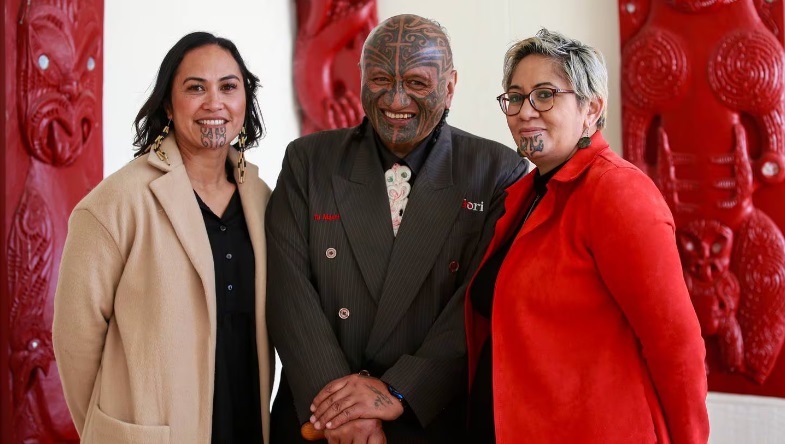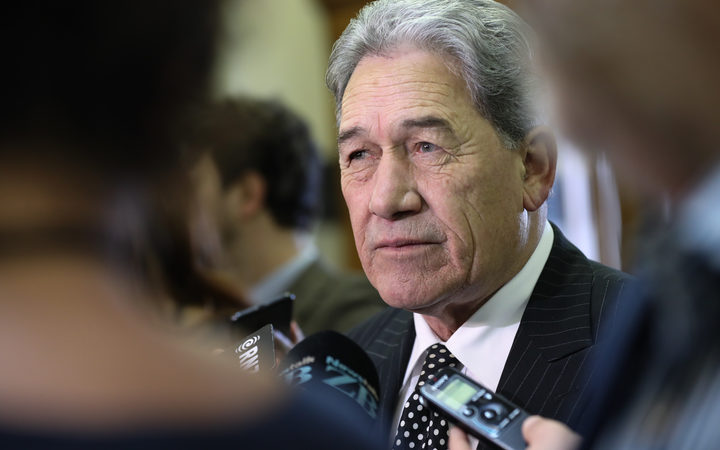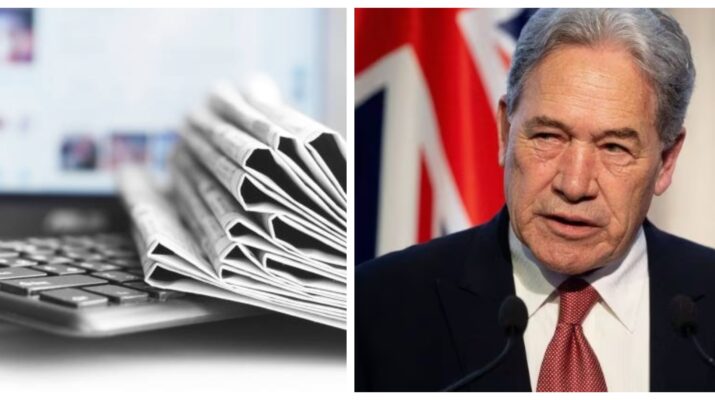A developing story regarding Te Pāti Māori (TPM) and Māori Television is worth keeping an eye on, not only because the legitimacy of the 2023 Election result hinges on it but also because it proves New Zealand First leader Winston Peters’ claim of bias in our mainstream media.

The saga started when Māori TV journalist Will Trafford penned an article on reports of alleged unfair voting procedures at Manurewa Marae. It was first reported that voters at the marae were being treated to free food if they voted for TPM candidate, Takutai Tarsh Kemp, who also happened to be the chief executive of the marae.
Criticisms were laid against the Electoral Commission for allowing Manurewa Marae to be used as a voting precinct in the first place. Those criticisms further gained credence when TPM’s Kemp ended up winning the seat of Tāmaki Makarau by a mere four votes.
This controversy was further fueled after Māori TV had taken down the article on their website after a complaint was made by TPM President John Tamihere. The media outlet explained their decision by saying the article “did not uphold editorial standards of balance” as it allegedly “failed to seek a right of response”.

Trafford, who penned the article, resigned from the state-funded broadcaster recently and took aim at network CEO Shane Taurima over his handling of Tamihere’s complain.
What is significant about this fact is that Taurima himself has close links with Te Pāti Māori, having stood as a candidate for the party in 2017. In summary, this controversy is about a former TPM candidate, later CEO of Māori TV, taking down an article on its website that was critical of the said party.
It is premature to accuse either Māori TV, Shane Taurima or TPM of any improprieties, and an independent investigation is about to be underway to examine how Tamihere’s complaint was handled more closely. Yet, one cannot help but have internal alarm bells ring at the premise of this controversy.
At its worst, what this saga implies is a reputable nationwide media outlet favouring a political party – taking down an article that allegedly puts that party in a bad light.
These suspicions gain more ground when you consider Taurima’s past actions at his former employer, TVNZ. In 2014, the journalist resigned after it was discovered that he used TVNZ resources to help the Labour Party – who he looked to stand as a candidate for in that year’s election.
The allegations include the use of TVNZ staff and office premises to host Labour Party meetings, particularly on how to win the Māori vote in the Auckland area. Now, Taurima is again finding himself in hot water over another allegation of favouring a political party.
Again, it is imperative to withhold judgment until a more thorough investigation can be concluded but suffice to say, this is not a good look for TPM, Taurima, and will only add to the New Zealand public’s distrust of mainstream media.

It also provides more fodder into NZ First leader Winston Peters’ broadsides against the media, who he has accused of being biased and politically-motivated. As part of his party’s coalition agreement with the National Party, a Royal Commission of Inquiry into Media Bias will be conducted to ascertain that accusation.
Although said inquiry has yet to commence, it is revealing that webs of ties between political parties and our fourth estate are already being unraveled. Only time will tell if Peters’ allegations indeed prove accurate.

